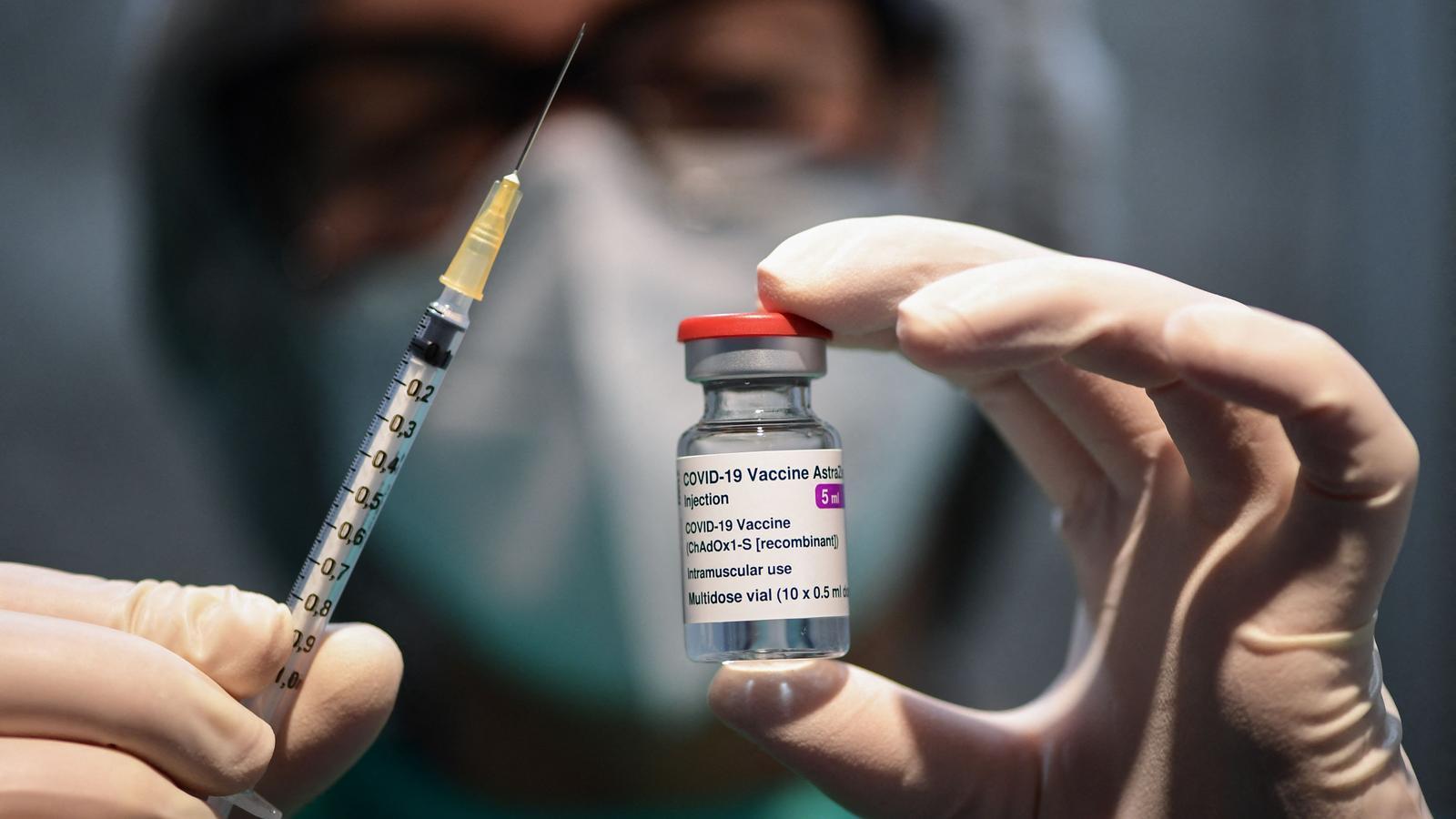Checks have worked; now, vaccination with AstraZeneca can be accelerated


The only good thing about this whole mess with the AstraZeneca vaccine is that it shown that there are enough control and surveillance mechanisms for medicines at European level. In fact, it is a system that is so protective that perhaps it has caused more harm than it was intended to prevent. Yesterday, the European Medicines Agency (EMA) presented its long-awaited report which, predictably, deemed the Oxford vaccine safe and effective and encouraged countries to continue vaccination. There is much more risk in not vaccinating than in vaccinating, insisted those responsible. In fact, it has not been entirely clear whether the thirty or so cases of thrombosis detected, some of which are "rare and unusual", are related to vaccination and will continue to be studied. However, they have recalled that this must be calibrated in relation to the nearly 18 million people immunised with this vaccine and, above all, to the thousands of deaths per week that covid-19 causes, which precisely includes among its deadly symptoms cases of thrombosis.
Just after the publication of the EMA's report, countries have begun announcing the return to vaccination. Some, like Germany, Italy or France, today, and others, like Spain, next week. In fact, it is surprising that in Spain the AstraZeneca campaign will not resume until Wednesday. It is worrying to see how the state authorities do not seem to have their own criteria in the management of vaccination and are following what other countries do, as if they do not believe the recommendations of their own experts. In any case, this general speed shows acknowledgement of their initial mistake in suspending the campaign at a time, moreover, in which most of Europe is at the gates of a fourth wave that in Catalonia could also reach us soon if containment measures are not maintained.
The alarm sounded by countries' pharmacological surveillance services, logically concerned about cases of thrombosis that in some cases were unusual and that the EMA itself has acknowledged were more than expected, won out against public health experts, who insisted that the harm produced by this overzealousness would be paid for with many more deaths, with a considerable delay in containing the pandemic - it has been shown that vaccination is reducing not only hospitalisations and deaths but also the number of infections- and, just as importantly, a loss of public confidence in vaccines
We must now overcome this scare and accelerate vaccination as much as possible. This first quarter has been disappointing because of the shortage of doses, but it is expected that from April many more vials will arrive, both from AstraZeneca - whose administration to the over-55s in Spain remains in doubt- and from Pfizer, Moderna and Janssen, whose single-dose jab was recently approved. It is already clear that it is difficult to make plans, but the aim should be to vaccinate the majority the over-60s as soon as possible. If in May, better than in June.
